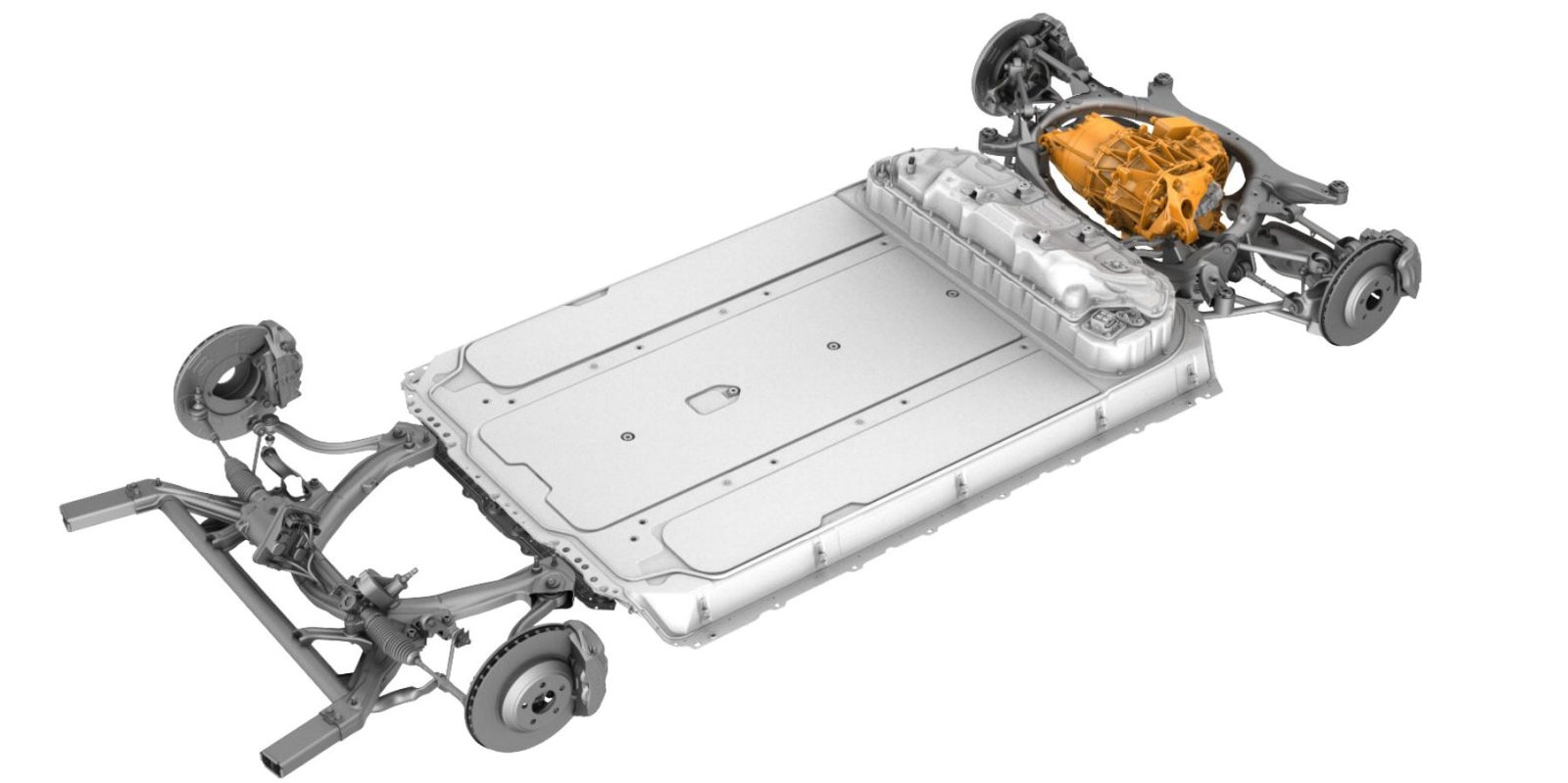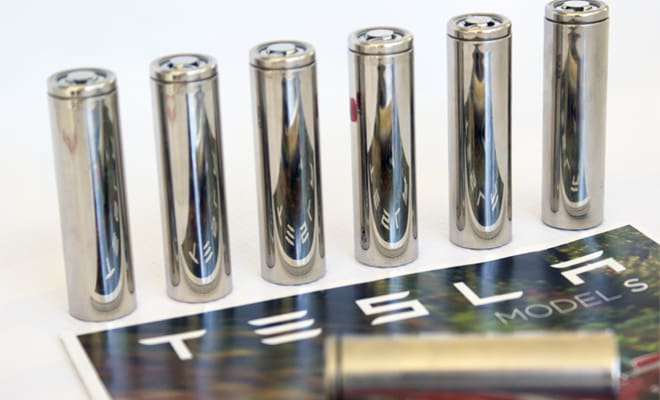Ravi Kempaiah
Well-Known Member
- Region
- Canada
- City
- Halifax
Last month we were fortunate enough to sit with Prof. Jeff Dahn and see some of the latest results (in conjunction with Tesla) from their lab. He showed us some results of the latest generation Li-ion cells that last 6000+ cycles even at 105'F temperature.
The scientific paper was published yesterday after the approval of Tesla R+D team and it is making news already. You may want to read the article linked here. This is absolutely incredible.
Tesla will be making use of this technology in their Mega Packs and possibly in the upcoming vehicles.

 electrek.co
electrek.co
What is new is the "single crystal" NMC532 chemistry and advanced electrolyte systems. It could 6000+ cycles at full 100% depth of discharge. If you limit the charging to 90% and temperatures lower than 105'F, it could last much more. So, 1 million miles or 15 years of service is totally possible.
On an E-bike, let's say you build a 800 Whr pack (This NMC532 chemistry has 15% less energy density compared to NCA), and if you do even very minimal maintenance, it should last 4000 cycles ( or 10+ years).
How cool is that!!!


The scientific paper was published yesterday after the approval of Tesla R+D team and it is making news already. You may want to read the article linked here. This is absolutely incredible.
Tesla will be making use of this technology in their Mega Packs and possibly in the upcoming vehicles.

Tesla battery researcher unveils new cell that could last 1 million miles in 'robot taxis'
Tesla’s battery research partner has released a new paper on a battery cell that could last over 1 million miles,...
 electrek.co
electrek.co
What is new is the "single crystal" NMC532 chemistry and advanced electrolyte systems. It could 6000+ cycles at full 100% depth of discharge. If you limit the charging to 90% and temperatures lower than 105'F, it could last much more. So, 1 million miles or 15 years of service is totally possible.
On an E-bike, let's say you build a 800 Whr pack (This NMC532 chemistry has 15% less energy density compared to NCA), and if you do even very minimal maintenance, it should last 4000 cycles ( or 10+ years).
How cool is that!!!





